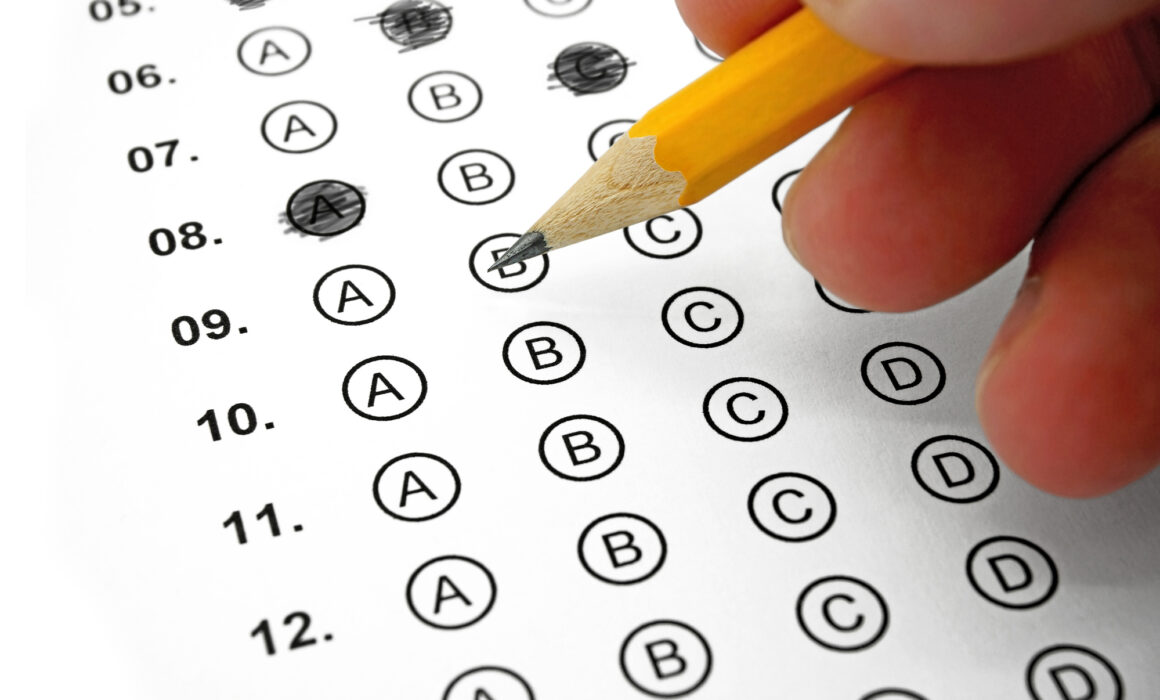Religion’s involvement in schools has been debated for decades. Many people argue that religion should be kept out of school and all religious beliefs and activities should be outside the school setting. So what’s the answer to the age-old question, should religion be taught in schools? The Supreme Court has interpreted the First Amendment to mean that public schools may neither promote nor inhibit religious belief or non-belief. However, it is still possible to teach religion in public schools academically, similar to a survey course, because it can give students a purpose and give them the guidance they need to feel comfortable with themselves and where they’re at in life.
For religion to be taught in public schools it would have to be taught from an academic and non-devotional perspective. Religion should be taught to inform students about religion, not to be forced upon them. When the Establishment Clause was made it was to keep religion and school separate also known as the division between church and state. This idea isn’t going against the Establishment Clause since it’s not enforcing a religion onto students, it is informing them about different religions and the lessons that can be learned from them. A religion class should be required just like any other class like an English or History class. “Under Ohio law, students entering 9th grade on or after July 1, 2022, must earn one-half credit of financial literacy as a graduation requirement.” (Hankins) This is a very recent example of a new class that students are being required by law to take in order to graduate. A class informing kids about religion should also be required by law to graduate just like financial literacy. In order for this class to become a part of the curriculum, it is important that the teacher teaching this class does not force their personal beliefs on any students, and this class is not taught with any bias or intent to force a religion onto students. Without question, public school employees retain their rights to free exercise of religion. “When off duty, school employees are free to engage in worship, proselytizing or any other lawful faith-based activity. When they are acting as representatives of a public school system, however, courts have said their rights are constrained by the Establishment Clause.”(Lupu) Teachers who teach this class should be able to be religious and express their feelings about religion without forcing it upon students. It would be very beneficial for students to be able to have someone to talk to about religion if they have questions, a teacher might not be able to answer their questions without talking about their personal beliefs and experiences with religion. This class could potentially excel if the teacher talks about their beliefs so the students can either agree or disagree and have that logical and respectful discussion.
Teaching religion has several benefits because teaching about faith supports inclusive learning about religious diversity, builds empathy, and inspires compassion. Teaching children about faith can also broaden their worldview, expose them to different cultures and religions, and help them understand and appreciate diversity, these are all very good traits to have when becoming a young adult and start creating moral values. Students can benefit from learning about religion by helping them find comfort at a time when they feel lost. Teaching about religion can help students find something to help them give moral values and that helps them find the inner peace and guidance they need to live the life they want to live. “The Supreme Court’s decisions about officially sponsored religious expression in schools consistently draw a distinction between religious activities such as worship or Bible reading, which are designed to inculcate religious sentiments and values, and “teaching about religion,” which is both constitutionally permissible and educationally appropriate. On several occasions, members of the court have suggested that public schools may teach “the Bible as literature,” include lessons about the role of religion and religious institutions in history or offer courses on comparative religion” (Lupu). Teaching about religion is meant to inform students about religion so they can take it upon themselves to find moral values through religion. There are many life lessons to be learned through religions that students can benefit from.
Students are also interested in religion. For instance, “about four in ten public school students say they routinely see other students praying before sporting events, according to the survey. And about half of U.S. teens in public schools (53%) say they often or sometimes see other students wearing jewelry or clothing with religious symbols” (Davis). This shows that roughly 50% of students are influenced by religion or interested in religion. A class about religion could benefit those students and potentially even create a community between them and create relationships that could last a lifetime, especially their relationship with god. “Most students, no matter what the age, predict that the majority of the world is Christian. It’s very interesting to them and exciting to uncover a more realistic perspective about the world. And then the questions just start flowing. They want to know who was Buddha, who was Abraham, are Catholics Christians? and so on…” (Mclinn). Students who take a religion class will benefit because it can inform them about a spiritual side of themselves that they did not know they had, could change their life forever, and lead them on a path they otherwise would not go on if it wasn’t for schools allowing religion to be taught in public schools.
All in all, religion should be taught in public schools because it can give students a purpose and give them the guidance they need to feel comfortable with themselves and where they’re at in life. Religion has lost its importance in today’s society and is not paramount. Teaching religion could help future generations because the lack of religion is why many people feel like society is evil or cruel. Society doesn’t have to be evil but it starts with how people are raised and what they’re taught growing up and how their morals are shaped. The future is what is most important when it comes to society so if we shape the future’s morals through religion there will be exponential growth in society as a whole.





















